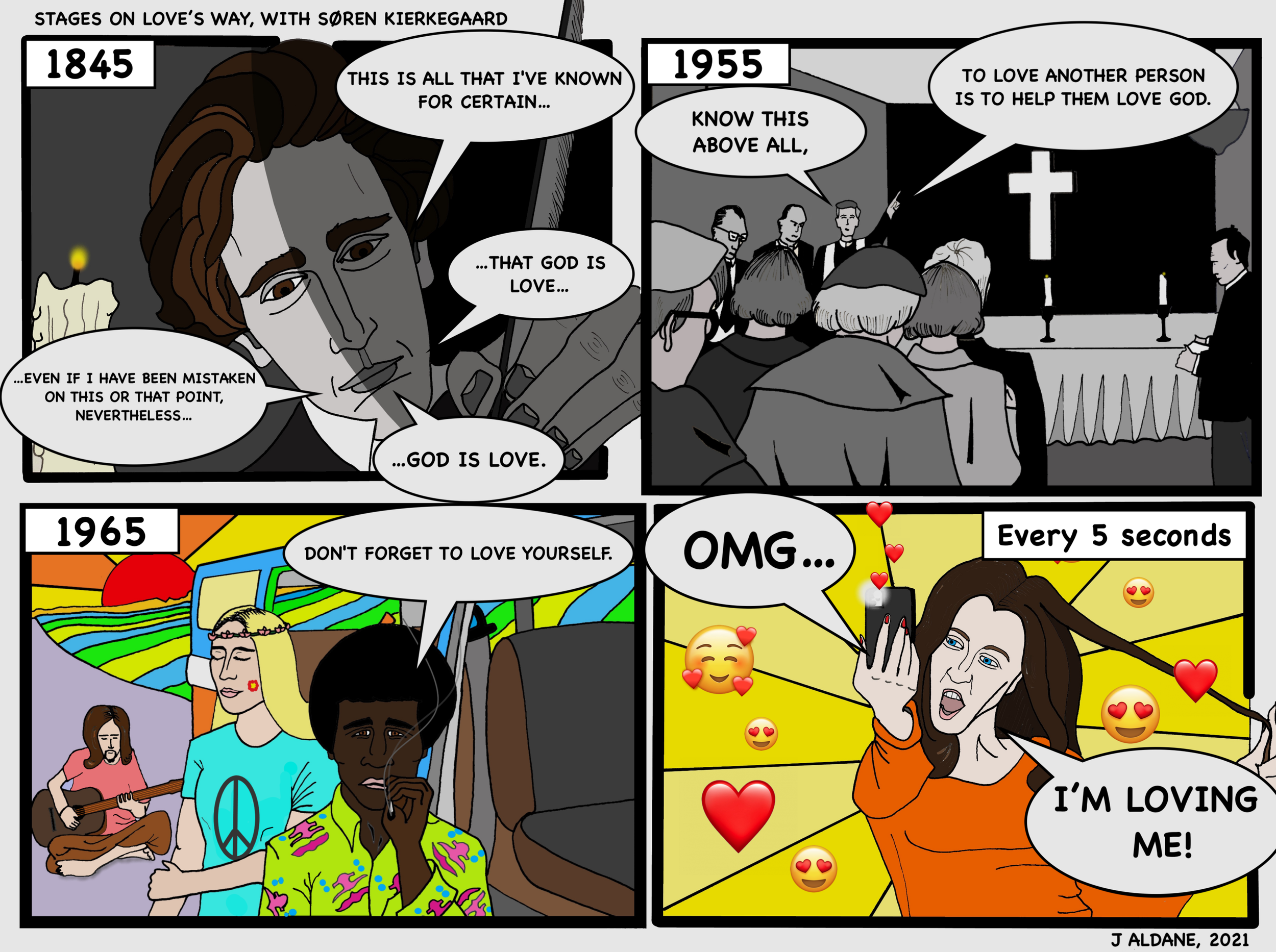The Ethics of humanitarian intervention, With Jonathan Parry
The Rwandan Genocide was one of the most horrific events of the twentieth century. After decades of unrest between Rwanda’s two biggest tribes, the Tutsi’s and the Hutu’s, civil war finally broke out on the 7th of April 1994, and over the next thirty days, 800,000 people were killed in cold blood, while the world stood back and watched. UN forces were in Rwanda at the time, but they were ordered not to intervene, and many withdrew within the first few weeks of fighting.
Kofi Annan, Head of Peacekeeping at the UN during the genocide, later said: “All of us must bitterly regret that we did not do more to prevent it. On behalf of the United Nations, I acknowledge this failure and express my deep recourse”. This acknowledgement that the world should have done more to end the genocide led to the development of the Responsibility to Protect (R2P) doctrine, which forms the main political framework for deliberating about humanitarian intervention.
But do states ever have a responsibility to protect the human rights of citizens in other states? And what moral considerations need to be taken into account when doing so?
Hamza King sits down with Jonathan Parry to discuss the ethics of humanitarian intervention. Jonathan is an Associate Professor of Philosophy at the London School of Economics and Political Science, and author of The Ethics of Humanitarian Intervention: An Introduction (2025).
-

Trump First, Dollar Last
The US dollar has dropped by 10% against the euro, 9% against the British pound, and 6% against the yen since the start of this year. The dollar’s slide results from an erosion of its role as the world’s reserve currency, with markets fearing that a Trump-controlled Federal Reserve would no longer act as a reliable lender-of-last-resort.
Jon Mann ✍️
-

The Psychology of Music
Music often enters our ears with an agenda. It enters not only to make us feel a certain way, but to make us feel that way for a reason. It can serve to maintain the status quo, to disrupt it, or to create a new one.
Daniel Lyons ✍️
-

Hauntology in Resident Evil
Humans feel nostalgia for the virtual worlds of video games because they facilitate novel, emotive and engaging experiences that can represent powerful touchstones of experience.
Nick Adams ✍️
-

AI & A Jobless World
Instead of resisting AI taking our jobs, we ought to take advantage of its capabilities by reshaping the economic system in order to embrace a jobless society.
Louie Lang ✍️
-

Confidence: A Practical Alternative to Bayesian Decision
If we are making a decision with the potential for large losses, we must ensure that we have a high level of confidence in the outcome of the selected choice.
Marianna Barcenas ✍️
-

Knowledge & Belief Need a Divorce
Knowledge and belief are not always aligned. It's possible to know things that you don't believe and to believe things you know to be false.
Gene Glotzer ✍️


